
Today we sat down with Nifemi Marcus Bello, Nigerian designer based in Lagos. With a core focus on product, furniture and experience design for local and international clients, Nifemi creates sustainable and economically viable products, starting from the local ecosystem and reaching successfully several international projects.
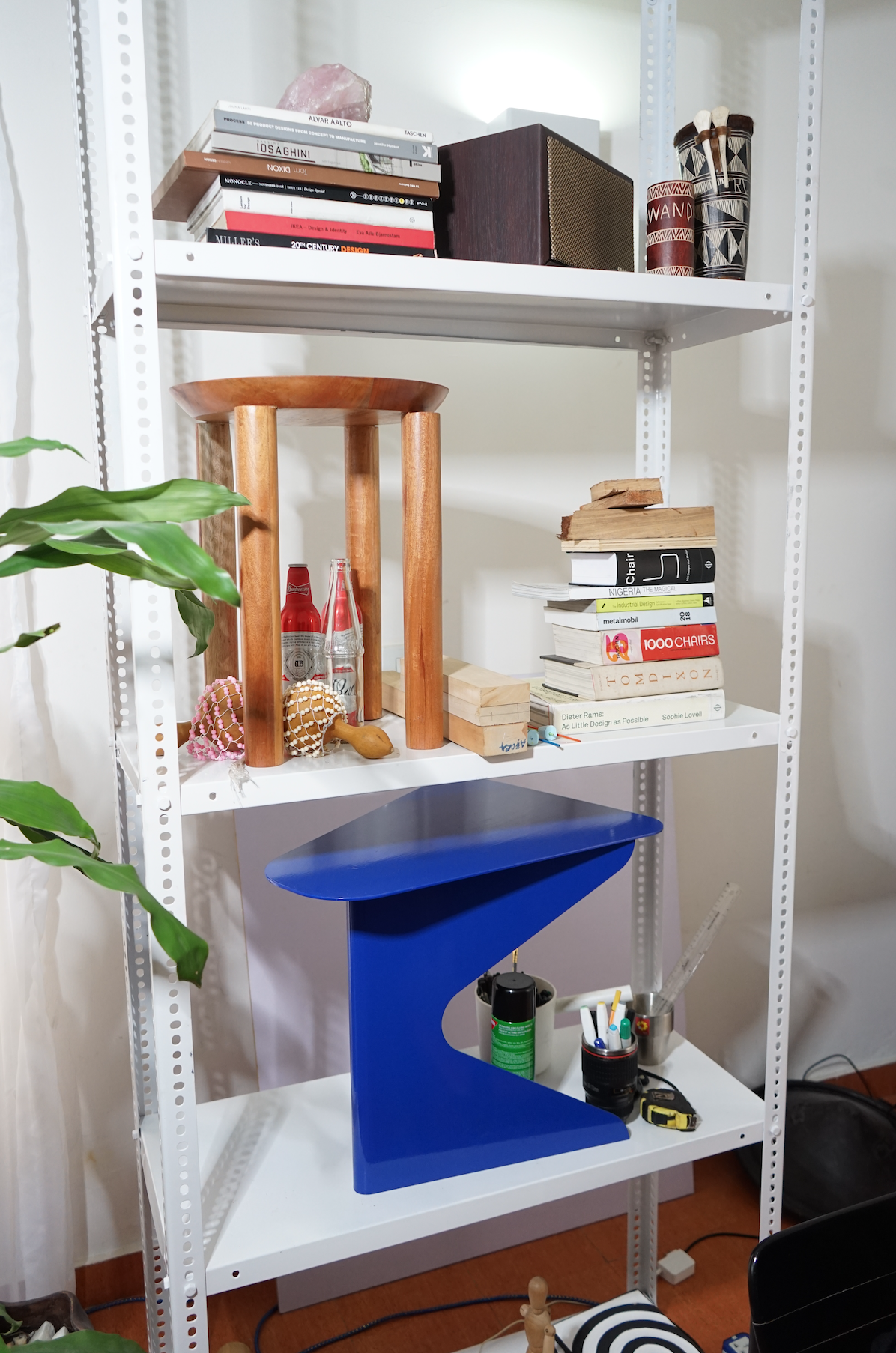
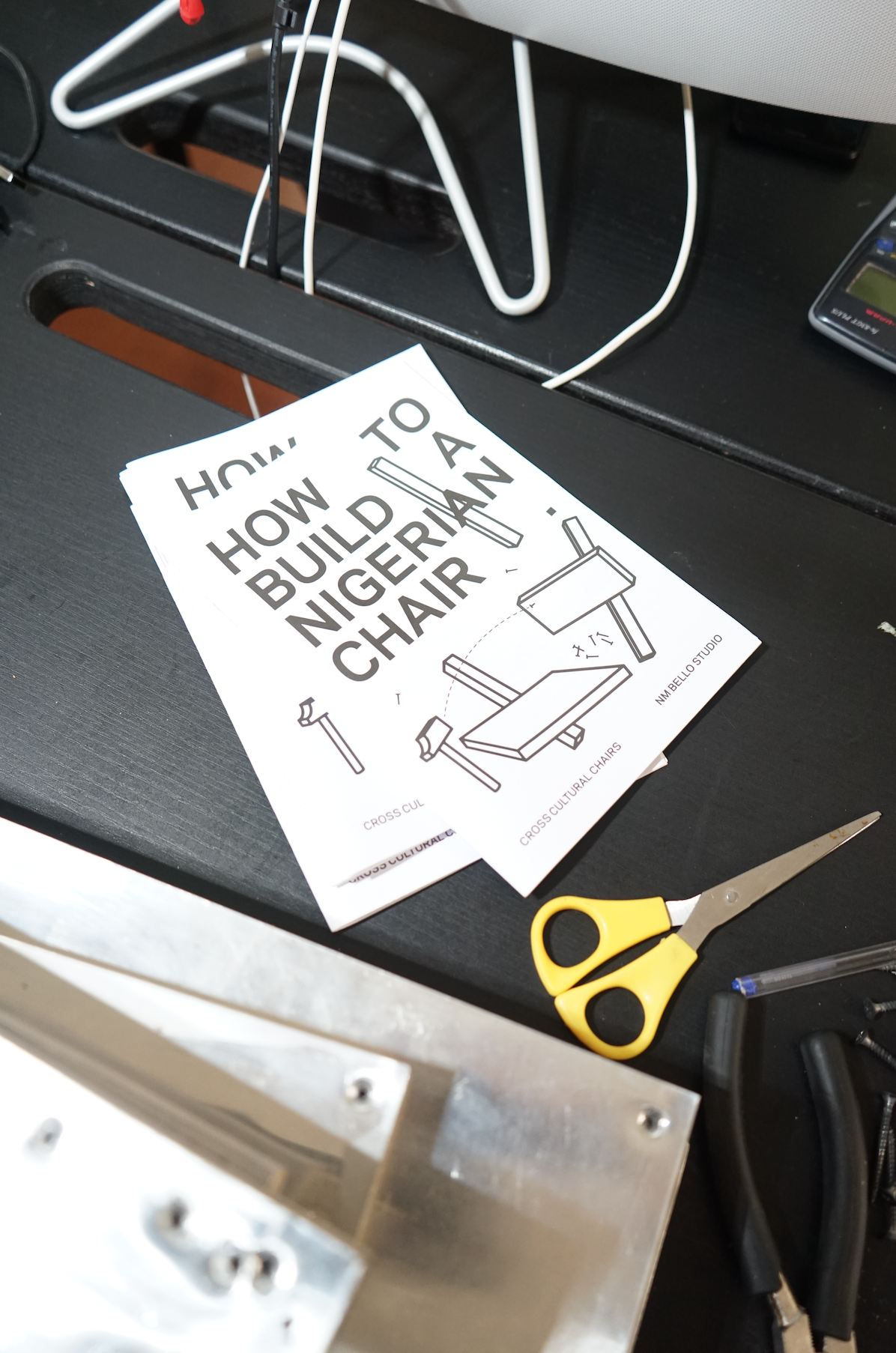
Matteo: Hey Nif!
Nifemi: Hello Matteo!
M: How did you get interested in objects?
N: Like most product designers, I had an extremely curious mind as a child. I would always take apart products and try to put them back together. So, at age 13 and 14, my mother thought it was a good idea for me to have a welding and carpentry apprenticeship in Lagos and this sparked my interest in manufacturing, production and handmade items. Although with all of this, I never knew the profession, designer existed, I just wanted to make things that people could use.
“creativity is all around Lagos and you can get inspired easily if you look at it from the right perspective”
M: What do you think are the best aspects to be a designer in Lagos?
N: Lagos is full of creativity and curious minds; I think the best part is seeing and being inspired by the everyday Lagosians’ use of creativity to survive and live their lives. From the creativity of the hawkers who have created their own packaging system to serve driving customers, to the guy selling sunglasses via his ingenious light-foam stand. Creativity is all around Lagos and you can get inspired easily if you look at it from the right perspective.
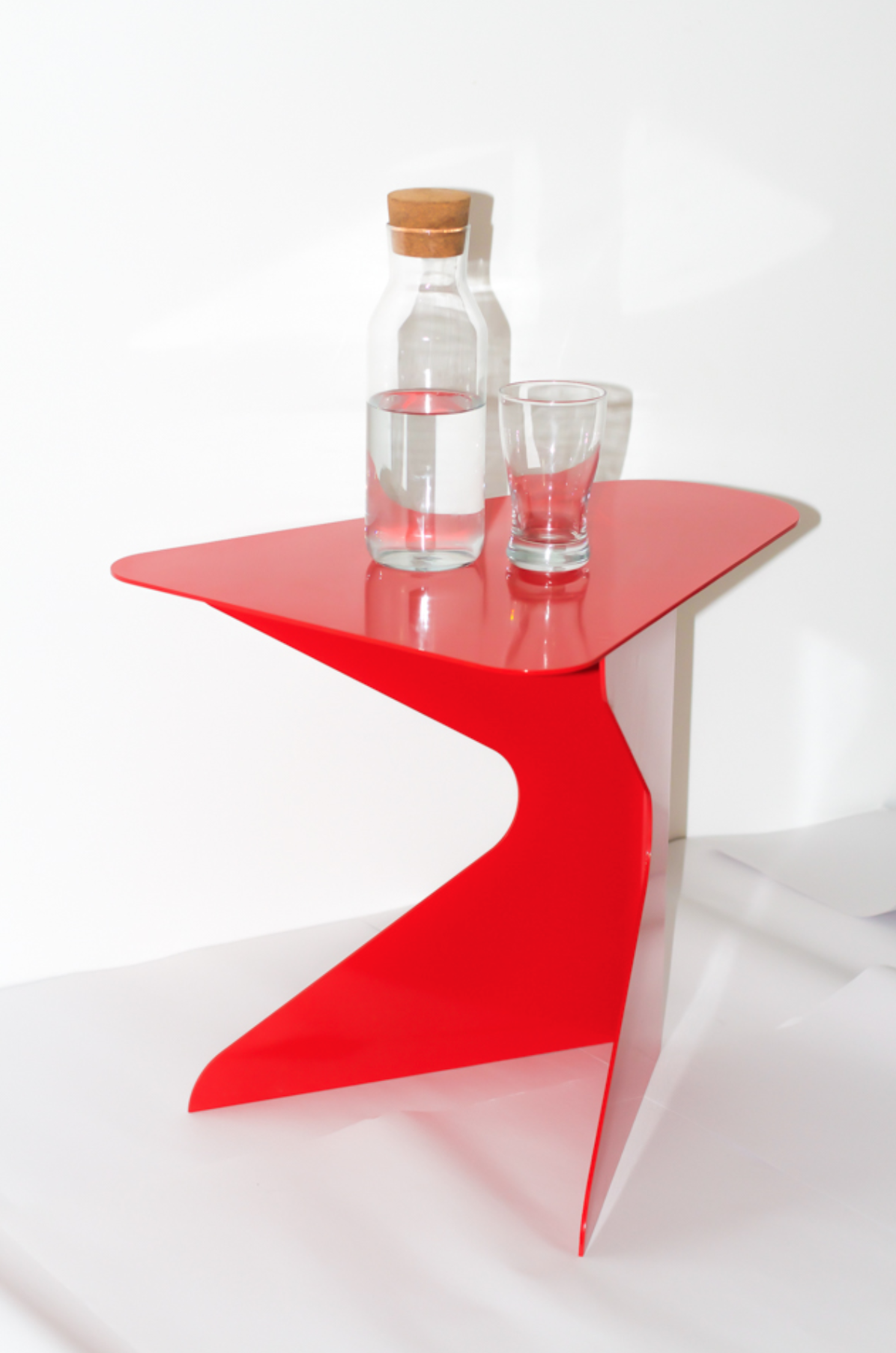
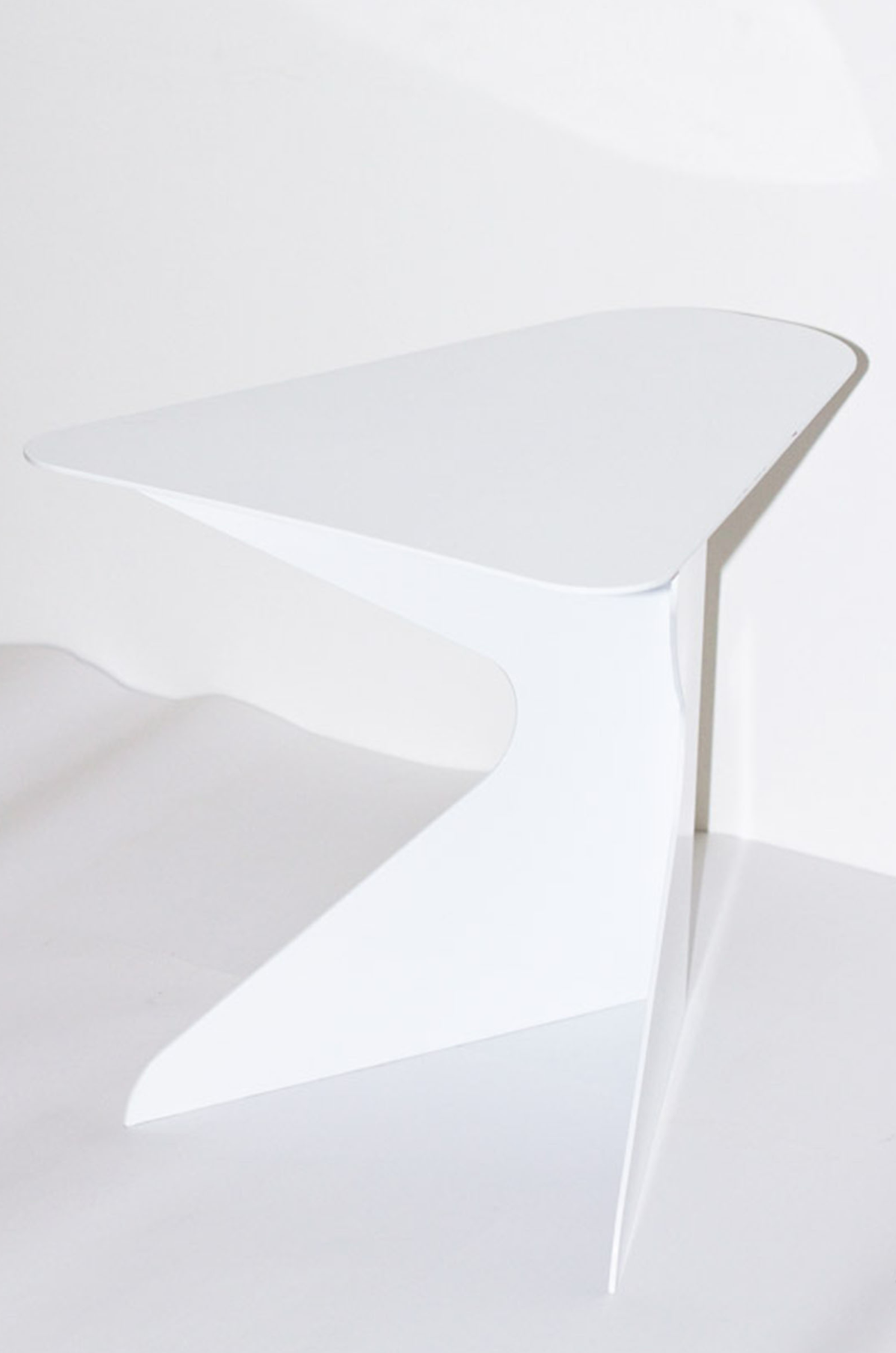
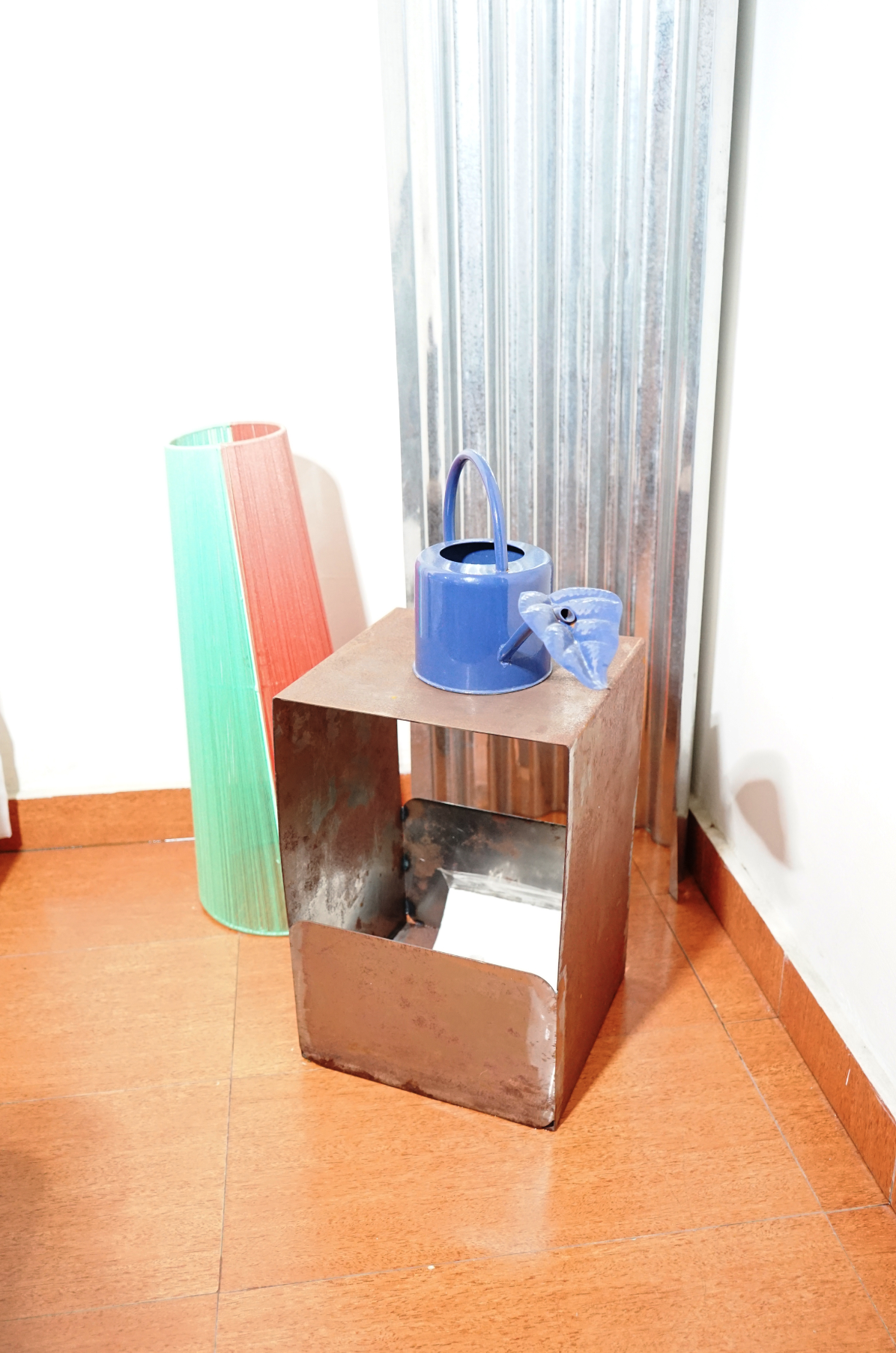
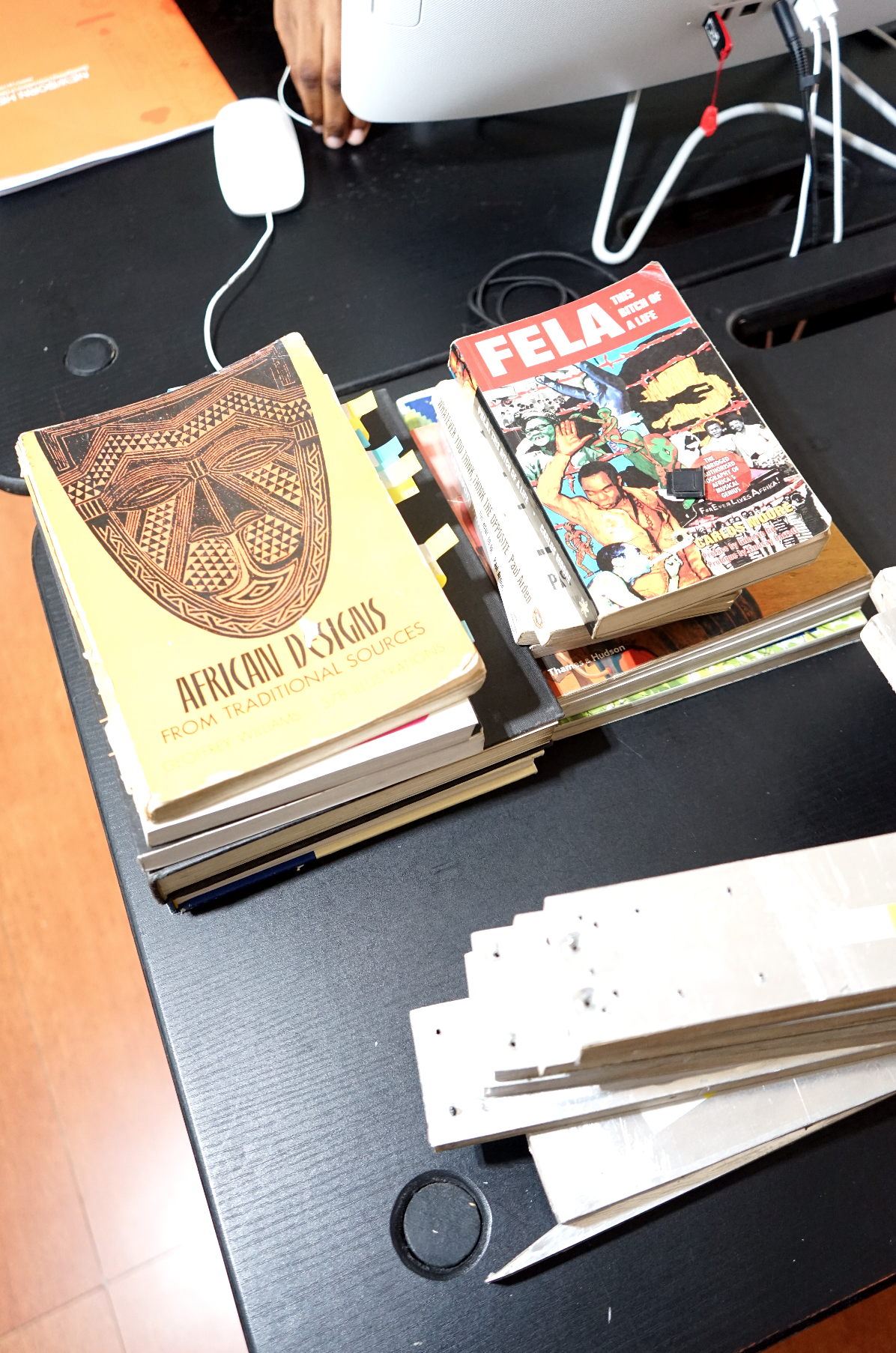
M: What part of Nigerian culture do you represent in your work?
N: For me, the inspiration for our work at the studio doesn’t come from familiar forms or aesthetics. It comes from seeing the everyday person exploit a certain technology, material or process to create solutions. For example, finding a certain manufacturing process, exploring and exploiting it to create a product, then building and designing around that – is what gets us really excited. So, you can say my inspiration, if any, comes from exploring production techniques and creating products around that.
M: What's the future of your practice? Where are you heading to?
N: I am really excited about the future and the practice keeps getting busier with new and exciting projects, from installations, Industrial and furniture design in Africa, Asia and Europe. For me, our future lies in our ability to continue creating modern-day solutions using local production techniques in any market we work in. Making sure that we are creating sustainable and economically viable products and services that will enhance communities. An avenue we are currently exploring is agriculture and healthcare products in Africa, we believe that with good design and careful research and analysis we can really bring an impact in these sectors through hardware design. Of course, we will not stray away from furniture as I believe we are on a journey to create a design language via furniture for the studio.
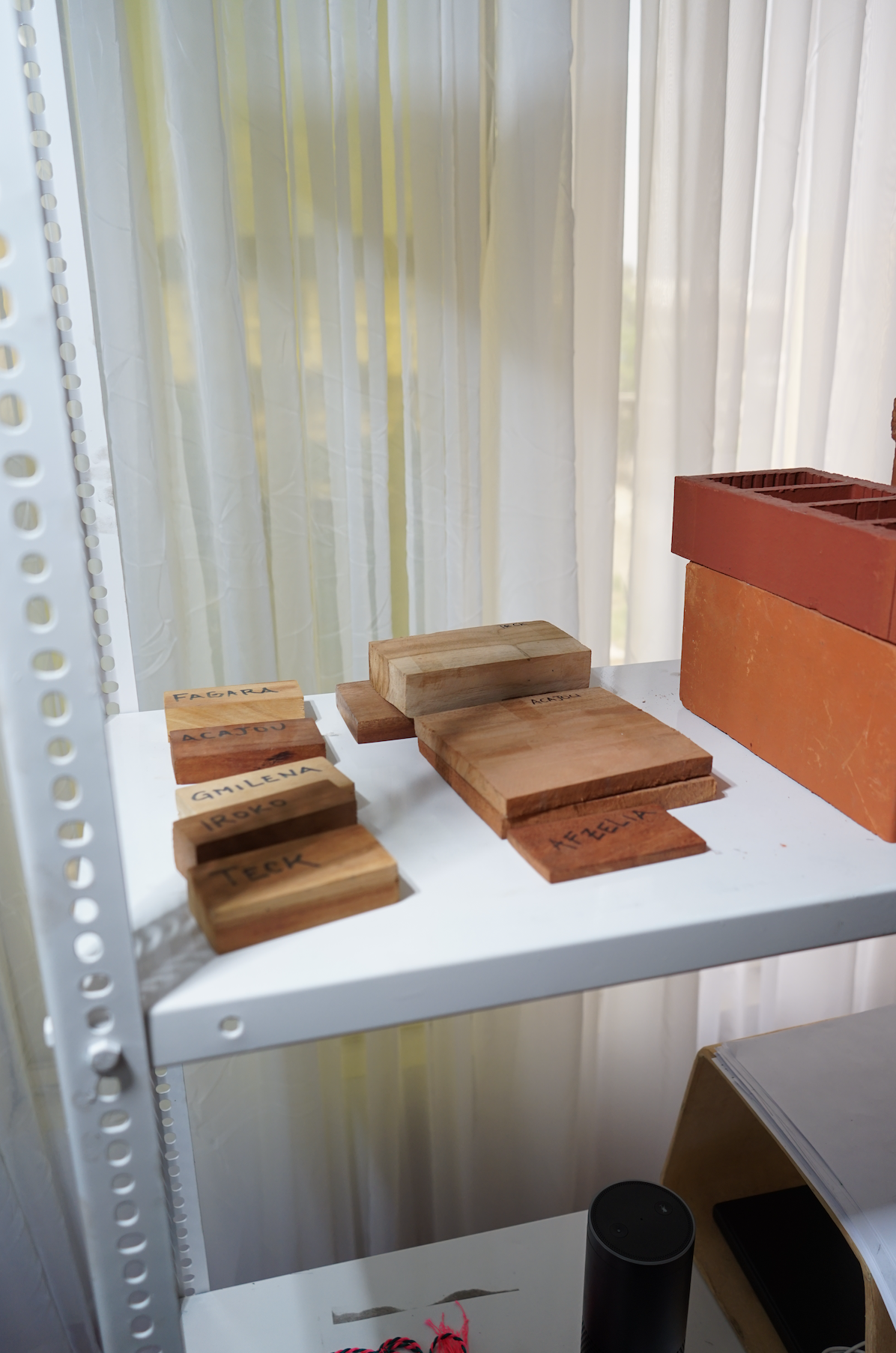
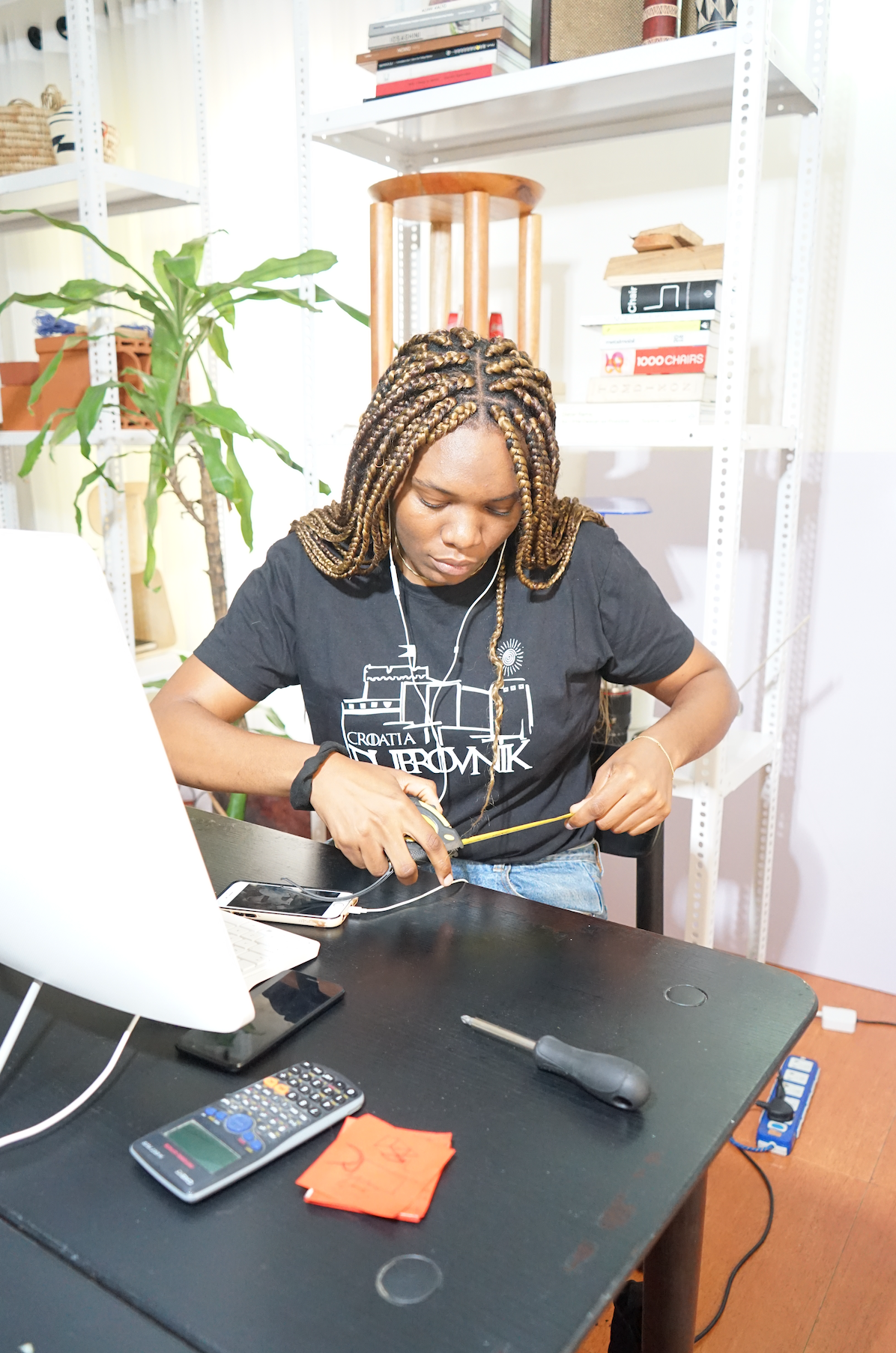
M: It would be nice if you could share some advice to a young Nigerian designer.
“you have to understand the power of good design and be able to put yourself in people’s shoes“
N: I am still a young designer myself so giving advice is a bit scary, but I would say you have to understand the power of good design and be able to put yourself in people’s shoes (empathy). Without empathy, design ceases to exist.